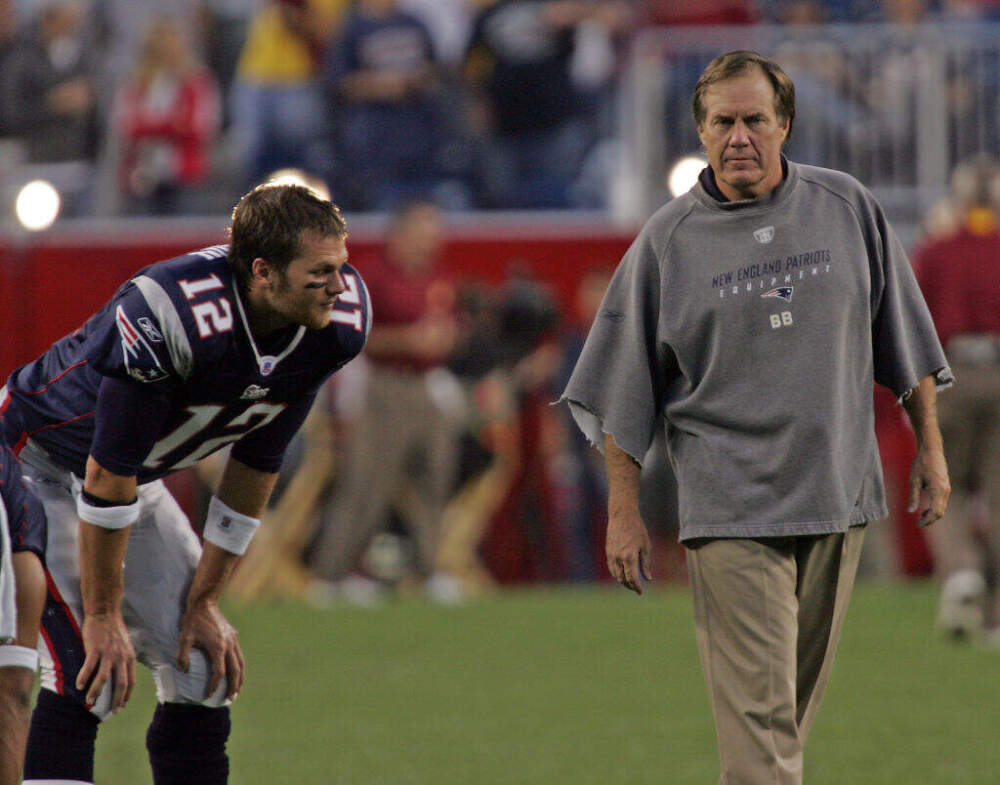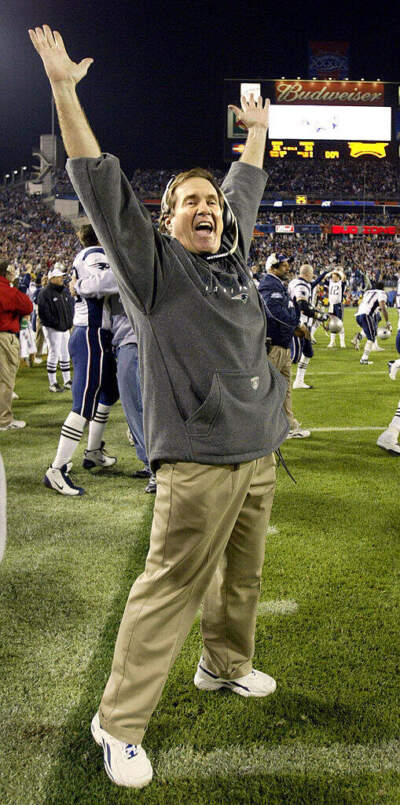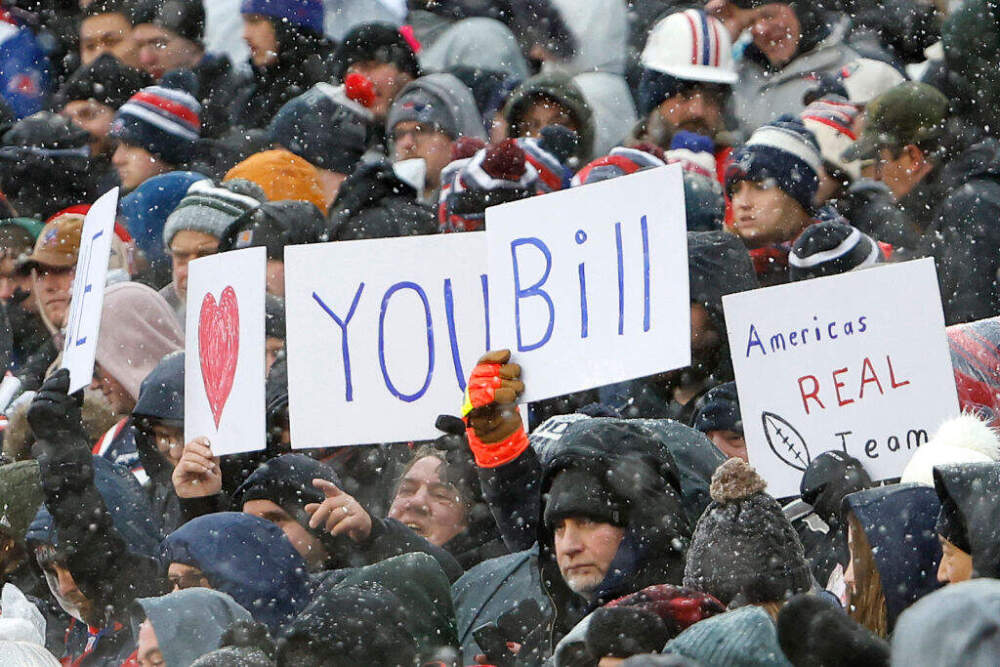Advertisement
Commentary
What Bill Belichick taught us about winning

Goodbye, dark cloud. Goodbye, hoodie. Goodbye, international man of misery. After 24 years, Bill Belichick has issued his final, gruff pronouncement in a Patriots sweatshirt.
Is it too much to say that his grouchiness was his superpower?
A grumpy Yoda in performance fleece, Belichick stood for a certain approach to success: relentless, unapologetic and diabolically clever. At some point, I started using the term “Belichickian” to refer to a situation where somebody technically follows the letter of the law, but pushes the boundaries beyond where most people would imagine. More often than not, I use it a compliment.
What Belichick really taught us, though, was about winning — what to do after one win, and before the next one.

I’m more of a pink-Red-Sox-cap version of a Patriots fan (I harbor no independent thoughts about screen passes and offside kicks). But I do love Boston sports radio, especially after a big championship win. It tickles me endlessly, at that moment of triumph, to hear the stream of callers, still complaining: But that play! But that coaching decision! But next year’s draft!
Even in the face of victory, we're looking for the reason to worry, the looming threat.
This was Belichick personified. He was ever-aware of that threat — the next game, the next chance of defeat. In a way, though, this is the most optimistic posture you can have: Being dissatisfied keeps you from complacency, and makes you want to do better.
But that’s not how we’re conditioned to think about sports. We’re always looking for heroes and celebrations, touchdown dances and victory laps. We’ve had plenty of lovable Patriots giving us those. Julian Edelman’s videos. Gronk’s unadulterated joy at being able to play a game for a living. Even Tom Brady’s inedible diets and Met Gala preening shaped the GOAT we wanted for so many years — the absolute star on the highest possible pedestal.
Compared to all of that, Belichick was an enigma. He carried himself like someone allergic to fun. He appeared to regard the trappings of his station — including talking to the media — as a gigantic inconvenience. He didn’t want to tell anyone what he was thinking, ever. He was infamous for his monosyllabic answers to reporters’ questions, except that one time, after slamming a Microsoft Surface tablet to the ground on national television, when he spent nearly five and a half minutes at a press conference ranting about why he hated tablets.
His clear loathing of journalists though, was never really fair. Asking questions about your foibles is their job, for one. But they’re also the stand-in for the fans, who pay for tickets and merch, who drive the TV ratings that draw the TV contracts that pay the salaries. It’s a giant entertainment-and-metaphor machine, and everyone has a part to play.
A grumpy Yoda in performance fleece, Belichick stood for a certain approach to success: relentless, unapologetic and diabolically clever.
But maybe inscrutable Belichick wasn’t mad at reporters, specifically, as much as he was mad at himself. Like the grumpy callers on sports radio, he needed reasons to be dissatisfied; he required imagined enemies to keep him on his toes. If Michael Jordan invented feuds with opposing teams to drive up his competitive fire, Belichick seemed to have a generalized feud with everyone.
And maybe that was his ultimate gift to Patriots Nation. Many of us — probably Gronk included — spend a lot of time worrying about being liked. It’s a natural impulse, and generally a good one. Wanting to be liked makes you kind to people and small animals. It makes you pleasant on the T and fun at parties. But wanting to be liked can also hold you back. It can make you compromise your ambitions to get along. It can be incompatible with leadership.

Bill Belichick never wanted to be liked. He wanted to win.
He didn’t care if the press complained, if “Saturday Night Live” poked fun at his hoodie, if critics howled about Spygate and Deflategate, if the entire rest of the United States rooted against the Patriots, if legions of loyal Patriot fans demanded explanations he didn’t want to give. He didn’t answer to armchair coaches or talk-radio hosts. He barely even answered to the NFL. He answered to Bob Kraft, of course, but that only really mattered when the winning streak came to an end.
Would we feel worse about this parting of ways now if he’d been chatty and demonstrative? If he’d cuddled with puppies? If he’d cracked a smile? Nah. We weren’t asking for that. We were asking for greatness, and for longer than we could have imagined, he delivered.
May a part of us all be so grumpy, so dissatisfied and so successful.
